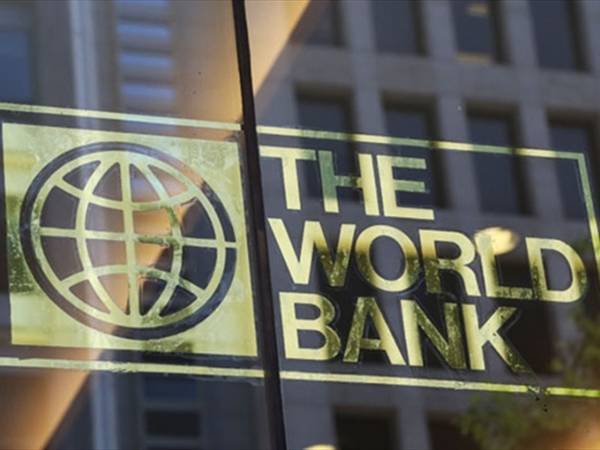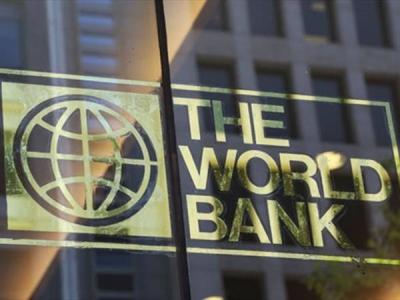The World Bank warned, in its report issued yesterday, Tuesday, about the rise of a dollar-based cash economy in Lebanon, which is estimated to be about 9.9 billion US dollars in 2022, nearly half of the size of the Lebanese economy. The growing dollar-based cash economy is seen as a major obstacle to economic recovery.
The World Bank noted that "the Lebanese economy remains in a state of sharp deterioration, significantly far from a path of stability, let alone a path to recovery, according to the latest release of the World Bank's Lebanon Economic Monitor." It explained: "The systemic failure of the Lebanese banking system and the collapse of the currency have led to a widely prevalent dollarized cash economy estimated at about half of GDP in 2022. The current state of policymaking, characterized by fragmented and inadequate crisis management decisions, continues to drain capital of all types, including human and social capital, paving the way for deep social inequalities with only a few winners and a large majority of losers."
It continued: "Estimates indicate that real GDP declined by 2.6% in 2022, bringing the total economic contraction since 2018 to 39.9% of GDP. Despite a slight improvement in private sector activity, the widening current account deficit – a long-standing structural imbalance – continues to weigh heavily on growth prospects. In the context of rising imports and declining exports, the current account deficit, which is still largely financed by the total usable foreign reserves of the central bank, grew to 20.6% of GDP (comparable to pre-crisis levels)."
The World Bank warned of the dangers of the sharp decline in the value of the Lebanese pound "despite interventions by the central bank in exchange rates to stabilize the rate in the parallel market. The currency lost more than 98% of its value before the crisis by February 2023, and rapid declines in its value intensified. The inflation rate reached 171.2% in 2022, one of the highest rates in the world, mainly due to rising food and non-alcoholic beverage prices. With modest yet expected continued private consumption, it is anticipated that real GDP will contract by an additional 0.5% in 2023."




